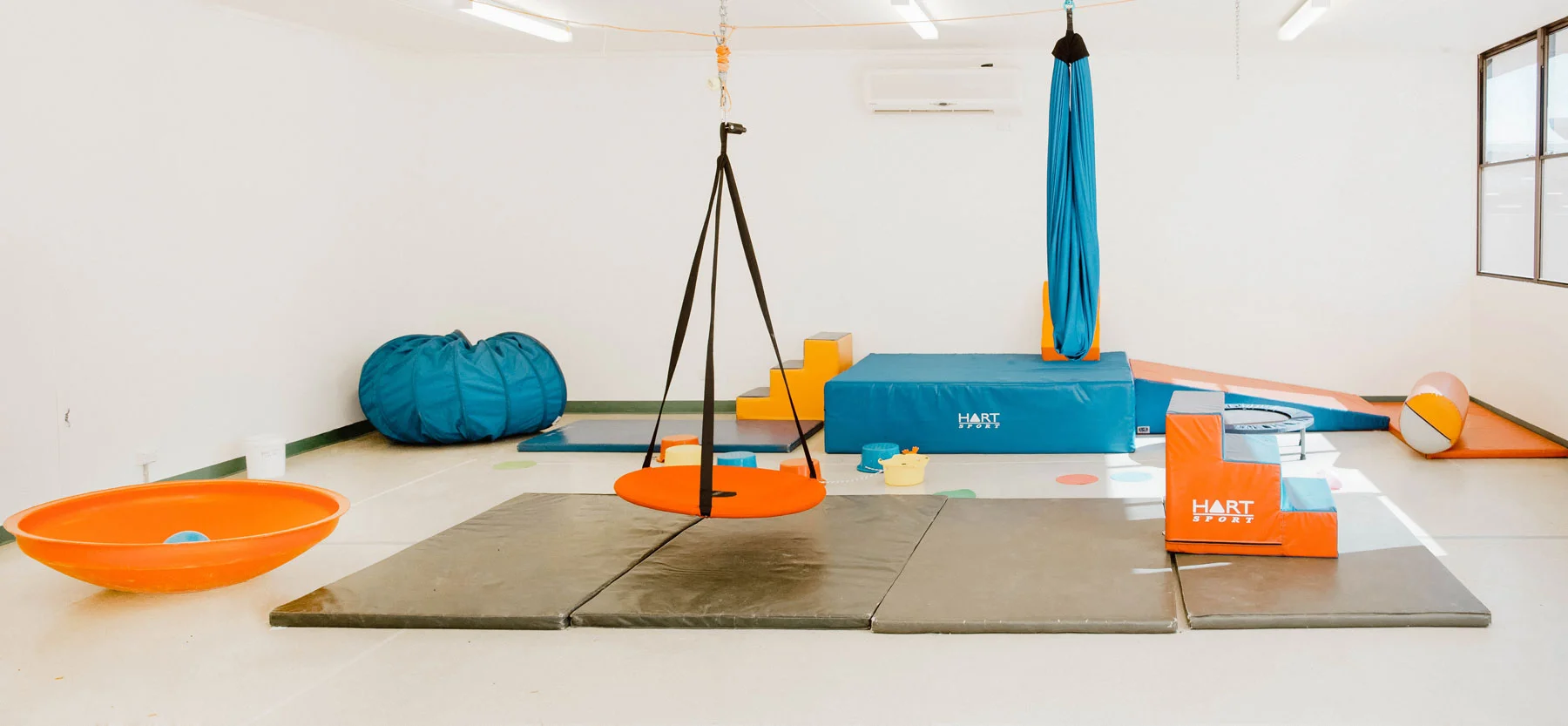Therapy at BSDS
Broadmeadows SDS has a large therapy team consisting of Speech Pathologists, Occupational Therapists and Physiotherapists
More than 25 therapists work alongside teachers, education support staff and parents to support students to access their educational programs. DIR/Floortime Model (Developmental, Individual Difference, Relationship-based) is a key framework underlying therapy support provided at BSDS.
Therapists see each class several times a week so your child will have regular contact with Speech Pathologists and Occupational Therapists (and Physiotherapists if required).
Therapists work with teachers to develop individual therapy programs for each student in the school and write goals and reports together. The therapy team use a variety of techniques in their work with students, with a commitment to accessing and implementing current research-based interventions and practices. There is a strong focus on engaging students in meaningful and enjoyable interactions with staff and peers to support their learning across all curriculum areas.



